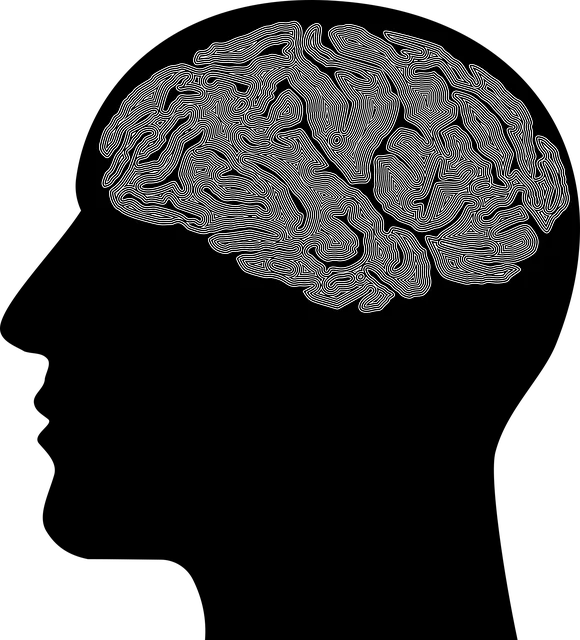The Westminster Kaiser mental health classes offer crucial training in crisis intervention for professionals, focusing on evidence-based strategies to support individuals in acute distress or trauma. Through interactive sessions, hands-on exercises, and real-life case studies, these classes break down stigma, teach self-care, risk assessment, de-escalation techniques, and suicide prevention, fostering resilience within communities. The curriculum equips graduates to provide immediate, effective support tailored to diverse populations, leveraging Mind Over Matter principles for stress management and Mental Wellness Journaling for continuous improvement.
In today’s fast-paced world, crisis intervention strategies are vital for professionals across various sectors. This comprehensive guide explores effective techniques, drawing insights from the esteemed Westminster Kaiser Mental Health Classes. We delve into the fundamentals of crisis intervention, highlighting its role in training and empowering professionals to navigate challenging situations. By examining key strategies and practical implementation, this article offers valuable insights for those seeking to enhance their crisis management skills, ensuring better support during moments of crisis.
- Understanding Crisis Intervention: A Brief Overview
- The Role of Westminster Kaiser Mental Health Classes in Training Professionals
- Key Strategies for Effective Crisis Intervention
- Practical Implementation and Continuous Improvement
Understanding Crisis Intervention: A Brief Overview

Crisis intervention is a critical component of mental health support, focusing on providing immediate and targeted assistance to individuals facing acute distress or traumatic events. It aims to stabilize the person, prevent further deterioration, and offer guidance towards long-term recovery. This swift action can make a profound difference in one’s life, as it helps to disrupt destructive patterns and promotes resilience.
At Westminster Kaiser mental health classes, students learn effective crisis intervention strategies tailored to various scenarios, including personal crises, workplace challenges, and public emergencies. These evidence-based techniques empower individuals to offer critical support while ensuring their own safety and well-being. Understanding the dynamics of crisis situations and knowing how to navigate them effectively is a valuable skill, especially given the increasing emphasis on Mental Health Awareness and the role of Trauma Support Services in our communities.
The Role of Westminster Kaiser Mental Health Classes in Training Professionals

The Westminster Kaiser mental health classes play a pivotal role in training professionals equipped to handle crises effectively. These comprehensive programs are designed to offer practical knowledge and communication strategies, essential for navigating complex situations related to mental illness. Through interactive sessions, participants gain insights into the latest research and best practices in mental health education.
Focusing on breaking down the stigma associated with mental illnesses, these classes foster an environment where professionals can learn empathetic communication techniques. The curriculum includes hands-on exercises and real-life case studies, enabling students to develop crisis intervention skills tailored to diverse populations. Westminster Kaiser’s commitment to high-quality mental health education programs ensures graduates are well-prepared to offer immediate and effective support in various settings.
Key Strategies for Effective Crisis Intervention

In the midst of a crisis, effective intervention strategies are paramount to supporting individuals in need. Westminster Kaiser mental health classes emphasize several key approaches that prove instrumental in such situations. Firstly, self-care practices are essential for both the individual receiving aid and the support network. Encouraging open communication, ensuring adequate rest, and promoting healthy coping mechanisms help manage stress levels and prevent burnout among those offering assistance. Mental Health Policy Analysis and Advocacy plays a crucial role in understanding and addressing systemic issues that contribute to crises. By advocating for evidence-based policies, we can create a more supportive environment, enhancing the accessibility of resources and early intervention services.
Additionally, conducting thorough risk assessment for mental health professionals is vital. This process involves identifying potential hazards, such as high-risk clients or complex situations, to implement appropriate safety measures. Training professionals in crisis management techniques, including de-escalation strategies and suicide prevention protocols, equips them with the tools necessary to navigate challenging scenarios effectively. By integrating these practices, communities can better prepare for and respond to crises, fostering a culture of resilience and support.
Practical Implementation and Continuous Improvement

The successful practical implementation of crisis intervention strategies requires a structured approach tailored to the unique needs of individuals and communities. At Westminster Kaiser, mental health classes offer a comprehensive framework for this process. These classes emphasize Mind Over Matter principles, teaching participants powerful tools for managing stress, anxiety, and emotional distress. Through interactive sessions, learners acquire skills in identifying triggers, coping mechanisms, and effective communication strategies.
Continuous improvement is integral to the longevity of crisis intervention programs. Encouraging clients to maintain Mental Wellness Journals can serve as a valuable feedback mechanism. Journaling exercises provide a safe space for individuals to reflect on their experiences, track progress, and identify areas where they may need additional support. By regularly reviewing these journals, mental health professionals can adapt interventions, ensuring they remain relevant and effective in alleviating Anxiety Relief and fostering overall Mental Wellness.
Crisis intervention is a vital skill set, and the guidance provided by Westminster Kaiser mental health classes offers a comprehensive framework. By understanding the key strategies outlined in this article, professionals can effectively navigate and de-escalate crises. Continuous improvement through practical implementation ensures that these skills remain sharp and relevant. The role of specialized training, like that offered by Westminster Kaiser, is indispensable in fostering a culture of compassionate and competent crisis intervention.






